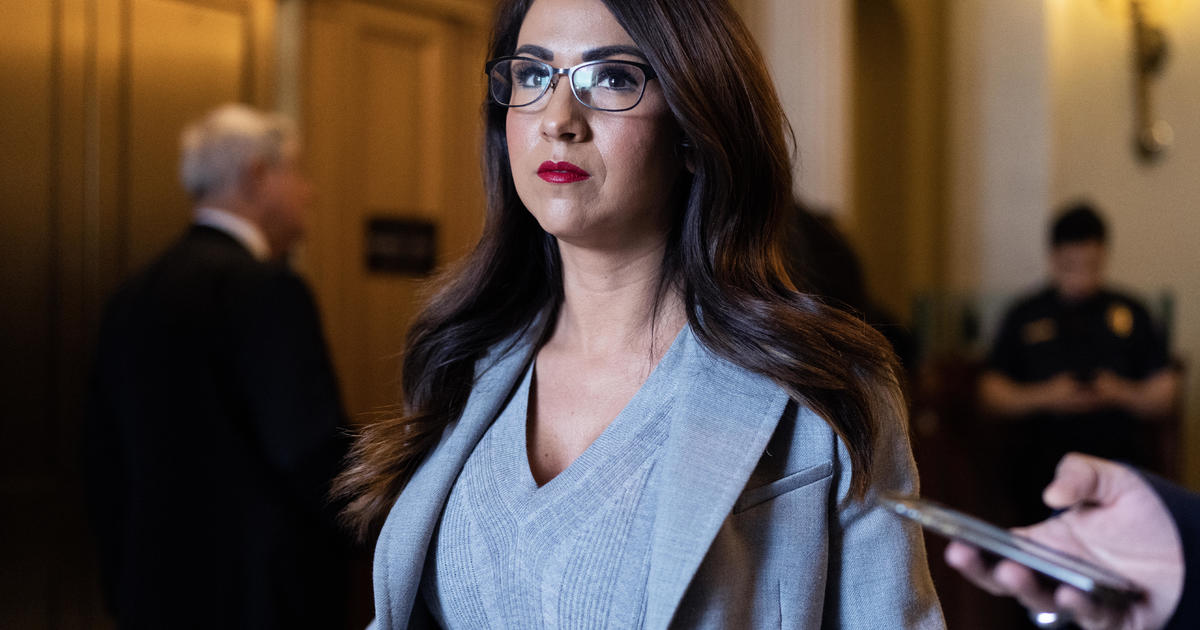Boebert said in a Facebook video that she intends to seek office in Colorado’s 4th Congressional District, which covers the Eastern Plains, currently represented by Republican U.S. Rep. Ken Buck. Buck said last month that he won’t seek reelection in 2024, due to the Republican Party’s support of former President Donald Trump and, what he called an embrace of conspiracy theories. He’s represented the district since 2015.



Most states already require it from what I know. It’s just not a big deal, buy or rent a home in the district and you’re off to the races. They live in DC, the home in their district is just a permanent address.
States can’t overrule the constitution, which sets the explicit qualifications for the House of Representatives.
A state can’t make that more restrictive, by increasing the minimum age, increasing the length of citizenship, or restricting residency within the state.
Nearly all candidates do acquire residency in the district they’re seeking for legitimacy, but it’s not required.
I agree
And this is where you lose me. Making things more restrictive is literally the states’ entire job. They can’t nullify a constitutional or federal law, but they can add to it. They can’t remove or lessen the requirement for residency, because that would be an attempt at nullifying the constitution… But they can absolutely impose further restrictions.
No it isn’t. The states’ job is to create and enforce their own laws that are not explicitly granted to the federal government, nor explicitly prohibited to the States, in the Constitution per the 9th and 10th amendments.
Basically, the Constitution isn’t an exhaustive list. If it isn’t mentioned, then the default is that the right is retained by the people.
Explicitly states that as long as it isn’t something explicitly granted to the Feds, or explicitly something the Constitution prohibits the States from (article II, Section 10 gives a list of things that the Constitution explicitly denies the States from having any power in), then the default is that the State controls it.
In this case, the qualifications of members of Congress are explicitly and solely granted to the federal government, through Article I, Section IV.
States themselves do not control Congressional elections. Anyone meeting the Constitutional qualifications (and filed all the correct Federal Election Commission paperwork, HAS to be allowed on the ballot.
And to your broader point, no they cannot just make things more restrictive. The Supremacy clause is explicit in that Federal law and the Constitution overrides ANY state law or restriction that is not what the Constitution itself states. You see state restrictions overturned by the Feds all the time because of this.
Laws aren’t real